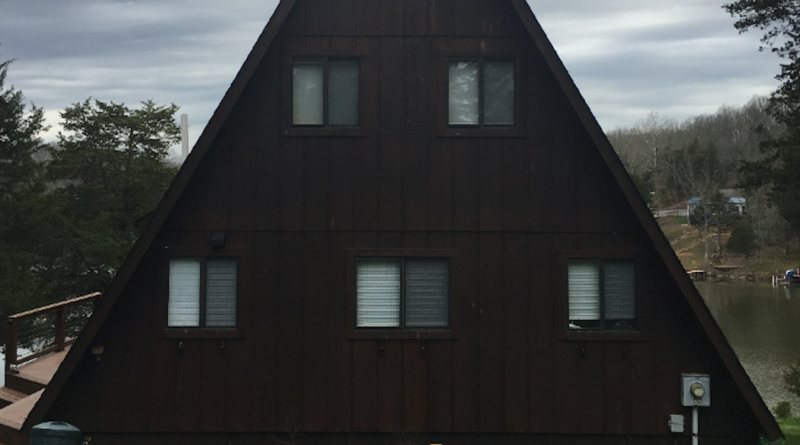UD Students Social Distancing in Remote Cabin
Two UD students are staying in a cabin for two weeks to protect their respective family members who are especially vulnerable to COVID-19
Matt Schubert
Contributing Writer
Numerous states now have stay-at-home orders, but some UD students are unable to go home. I am one of these students.
I along with Matt Davies, one of my classmates from Pennsylvania, are self-quarantining for two weeks from March 21 to April 4. Two weeks is the maximum incubation period that coronavirus symptoms do not show, according to the CDC.
We are in a cabin on a lake in Kentucky that my family often uses in the summer. We only leave to get groceries.
Both of our families do not want us home due to the possibility that we could be carriers of the COVID-19 virus. We both have family members at home who are especially vulnerable.
Davies and I went on a trip to Florida for spring break, where we may have been exposed in hotels or airports. We left for the break before a travel advisory was issued and cut the trip short due to the developing circumstances. Neither of us have been home since we left.
The area we are staying does not have cell service, so we are both relying on Wi-Fi for all outside contact.
“The hardest part about quarantine is not being able to see family and close friends,” Davies said.
Although there isn’t much in the area, we are still finding ways to pass the time. I’ve taken up fishing, and we both have been playing a lot of games.

“I’ve been playing lots of Boggle and Words with Friends,” Davies said. “It helps distract you from everything that is going on outside.”
Being so far away from a city, understandably, makes the pandemic seem so far away. Davies said that it is more peaceful being away from the areas where major outbreaks are happening.

Being in a small town typically feels different, but it is especially distinct in a pandemic. With a population of just over 1,500 people and two grocery stores, people notice when you are from out of town.
After driving twenty minutes into town, all the essentials like rice and bread are gone from the store. While the stores are small and have a limited selection, I have never seen them like this.
One thing that hasn’t changed is the schoolwork. Davies and I have been struggling to stay motivated to work on our classes.
“It’s hard to transition to online work and it’s overwhelming,” Davies said. “School work is not a priority anymore.”
It will take time to adjust to classes and this new way of living, but soon enough both of us will be able to go home.
For more coronavirus news like Flyer News on Facebook and follow us on Twitter (@FlyerNews) and Instagram (@flyernews)

